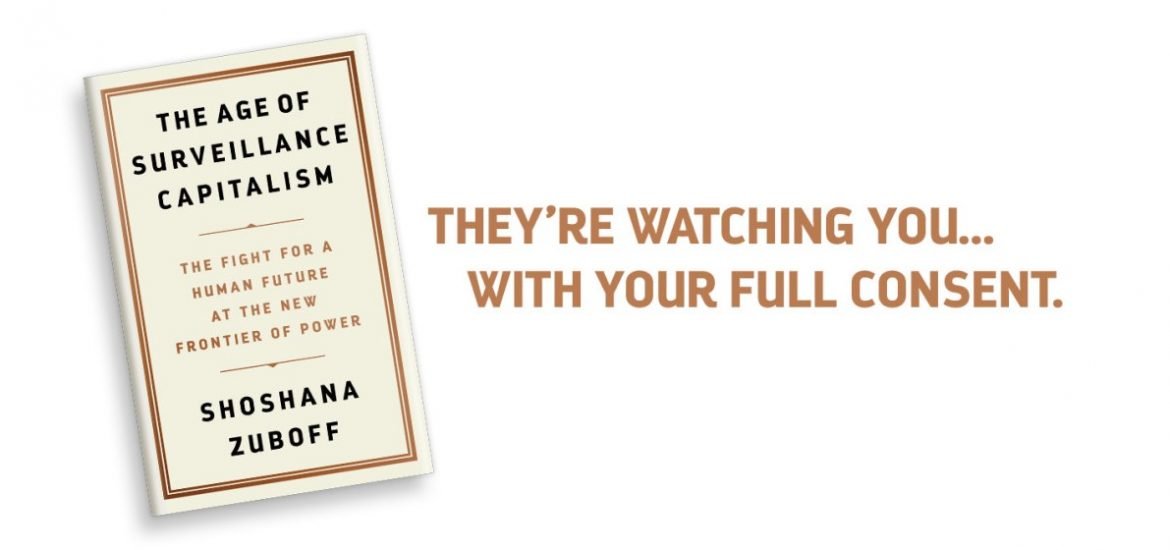Shoshana Zuboff is known for her work In the Age of the Smart Machine: The Future of Work and Power (1988), which influenced the way we perceive technology, work, and organizations. With her new book, The Age of Surveillance Capitalism. The Fight for a Human Future at the New Frontier of Power, she strikes us again.
Zuboff’s claim is very simple. Amidst the war against terrorism and well-known policies of deregulation, technological companies such as Google discovered that the search data — time, tags, user data — are, in and of themselves, an asset. As such, they are not only used to improve services, but, when aggregated on a large scale, they emerge as an invaluable resource. This “hidden text,” as Zuboff calls it, is in fact used for “predicting” user behavior which it does with unparalleled accuracy.
The hidden text is routinely harvested through processes such as machine learning and deep learning. Thanks to the victory of behaviorism, the strategy of focusing on key elements of behavior to understand human nature, this treatment of the colossal hidden text predicts with stunning accuracy what someone’s most likely next step.
Soon, Google started to sell this information about “the future” to marketing companies, which would use it to customize ads. But the hyper-scale was still more profitable: to capture growing parts of human experience with free products (Google Photos, Google Drive, Google Maps, the Internet of Things, such as watches, fitness apps, and so on). All these became an asset for those who buy the future: products, elections, or ideologies.
Facebook, WhatsApp, Weibo in China, or any of their equivalents anywhere on the planet, systematically extract and intentionally feed the hidden text, predicting our behavior and allowing various parties to routinely manipulate them on an unprecedented scale.
In the final part of the book, just as Piketty does in his well-known Capital in the Twenty-First Century (2013), the author reflects on the consequences of this capitalism. Because hidden text is morally indifferent, it treats fake news and child pornography in the same way as it treats recommendations to improve health. The unavoidable end-stop of it is — authoritarianism.
The only way to challenge the surveillance capitalism, Zuboff argues, is to interrupt the flow of power of the hidden text. So far this has not happened, largely due to the fact that users have not stopped feeding the hidden text with the information. And no data protection law is going to stop it by itself. The youth has already been socialized into this addiction, which, the author further contends, places the democracy and its values at a great risk.
Filipa M. Ribeiro holds a PhD in the sociology of education and a Master in science education and communication. Her background includes areas like science journalism, digital media, innovation, and project management. Parallel to her research activities, she currently works in science communication and management and innovation. She also applies her transferable skills in the social and community projects she leads in the field of lifelong learning. Since 2009 she has been doing research on higher education and her main topics of research are science and education, interdisciplinarity, sociology and history of science, and utopian studies.
